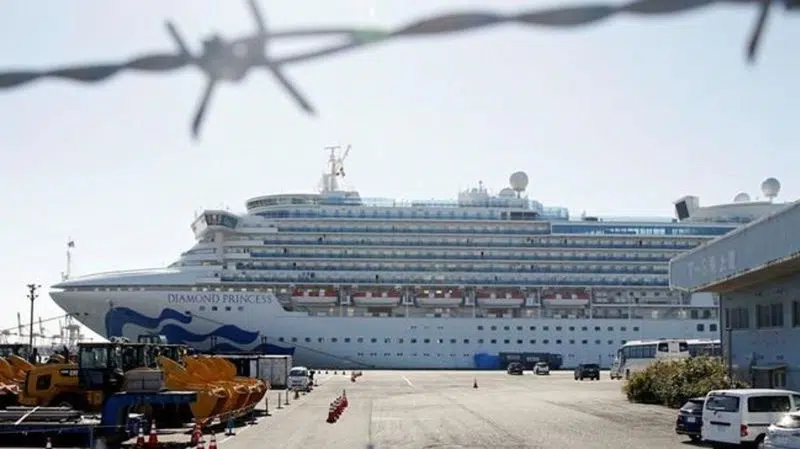
Standards for coronavirus protection to be reviewed, health agency says
OTTAWA — The Public Health Agency of Canada says it will review its protocols for health-care workers after nurses’ unions denounced the national guidelines set out for dealing with the novel coronavirus earlier this month
The agency says feedback from the nurses’ unions and other associations will be considered by a national advisory committee on infection prevention and control as it looks to update the guidance.
The protocols set out how health workers should protect themselves and their patients if they encounter a potential case of the new coronavirus, or COVID-19, including the kind of protective equipment they should use.
The Canadian Federation of Nurses’ Unions wrote to Health Minister Patty Hajdu last week to tell her the guidelines are unacceptable since they assume the virus cannot spread easily through the air, only through larger droplets from coughing or sneezing.


